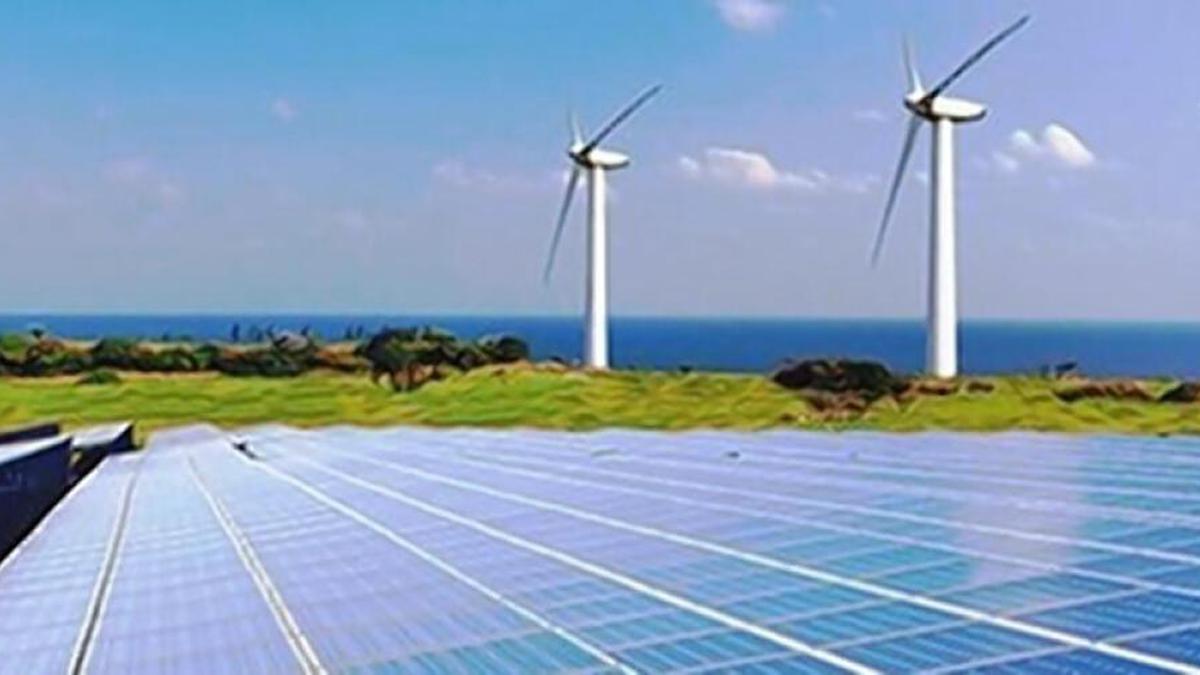
In Short : Bank lending to the renewable energy sector has shown a significant decline, as indicated by RBI data. This trend may reflect changes in financing preferences, economic conditions, or regulatory dynamics, impacting the flow of funds into renewable energy projects.
In Detail : Experts attributed the slump to lack of participation from banks in the renewable energy segment. Only a few banks are aggressively working towards lending to renewable energy and green projects, they said
Lending to the renewable energy sector saw a muted growth of 11.6 percent in November 2022-2023, compared to a 113 percent growth in the November 2021-2022 period, Reserve Bank of India’s (RBI) sectoral credit data for November 2023 showed.
As of November 2023, outstanding credit to the renewable energy sector stood at Rs 4,677 crore, compared to Rs 4,192 crore in the previous year, and Rs 1,968 crore in November 2021.
The drop in lending, experts said, is because of lukewarm participation by banks as only a few of them are aggressively lending to renewable energy and green projects.
Vijay Singh Gaur, Lead Analyst, CareEdge, said that lending to segments like vehicle finance and renewable projects has been high.
“Lending to some segments is high but only a few banks are aggressively looking to lend to renewable projects,” Gaur said.
Additionally, the central bank has been pushing banks to promote lending towards green deposits and renewable energy.
RBI’s push
The RBI had, on April 1, announced a framework for acceptance of green deposits to foster and develop a green finance ecosystem in the country.
The framework that came into effect on June 1, 2023, is intended to encourage banks and non-banking finance corporations (NBFCs) to offer green deposits to customers, protect the interests of depositors, aid customers in achieving their sustainability agenda, address green-washing concerns, and help augment the flow of credit to green activity projects.
After this, several banks have worked on partnerships and are lending more to renewable and other green projects.
For example, Canara Bank has various products under the sustainable financing segment in renewable energy projects, compressed biogas and energy conservation schemes, and solar pump schemes under the Pradhan Mantri Kisan Urja Suraksha evam Utthaan Mahabhiyan (PM-KUSUM), etc.
Also read: Federal Bank to step up branch expansion, focus on green financing: Chairman
Bank of Maharashtra and the Indian Renewable Energy Development Agency (IREDA) partnered in September 2023 to lend more to the renewable energy sector.
The bank, along with IREDA, plans to work on co-lending and loan syndication for a diverse spectrum of renewable energy projects.
Among private sector lenders, Federal Bank plans to go aggressive on green finance. At the 92nd annual general meeting (AGM) of the private sector lender on August 18, Chairman AP Hota said that the bank plans to go aggressive on green finance, with a sharp focus on technology-led banking.
Additionally, the central bank also included the small renewable energy sector under the priority sector lending (PSL) scheme, under which firms in the renewable energy sector are eligible for loans up to Rs 30 crore while households are eligible for loans up to Rs 10 lakh for investing in renewable energy.
But experts said that some of these products are still a work in progress and may take time among lenders to become popular.
“The green deposit scheme is a work in progress. There is a need for higher incentives across the chain for financial institutions to inspire more confidence in green financing,” said Varun Sharma, Director, FinAdvisory.













